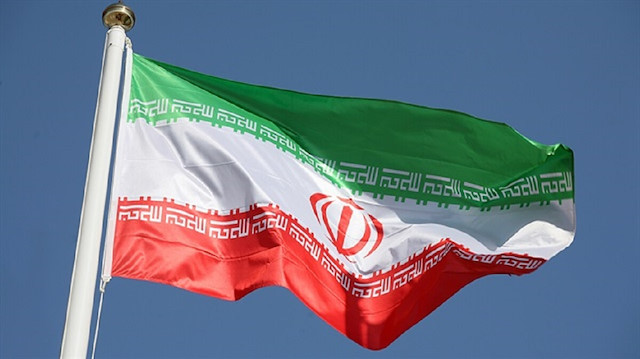
Sanctions target ‘international network’ that has allegedly provided Syrian regime with oil supplies
Iran has condemned a fresh round of U.S. sanctions imposed for alleged “terrorism financing” by Tehran.
On Tuesday, the U.S. Treasury Department announced the sanctions, which target an “international network” including five individuals and four companies.
The sanctions are ostensibly aimed at halting oil sales to Syria’s Assad regime.
“Those who design and apply these futile and ineffective sanctions will never achieve their desired aims,” Iranian Foreign Ministry spokesman Bahram Qassemi said in a statement.
Targets of the sanctions allegedly comprise a “network” through which the Iranian regime works in tandem with Russian companies to supply the Syrian regime with oil.
Damascus, in turn, has allegedly facilitated the transfer of hundreds of millions of dollars to the Islamic Revolutionary Guard Corps-Quds Force (IRGC-QF) for subsequent transfer to Hamas and Hezbollah.
Tension between Washington and Tehran has mounted since May, when U.S. President Donald Trump unilaterally withdrew his country from a 2015 nuclear deal between Iran and the P5 1 group of nations (the five permanent UN Security Council members plus Germany).
The agreement had placed strict restrictions on Iran’s nuclear program in exchange for billions of dollars in sanctions relief.
In July, the U.S. State Department announced its intention to reduce Iranian oil revenue to zero. Iranian President Hassan Rouhani swiftly responded by warning the U.S. against impeding Iranian oil exports.
The following month, the U.S. re-imposed a first round of economic sanctions on Iran, which mainly targeted the country’s banking sector.
A second phase of sanction targeting Iran’s energy sector came into effect on Nov. 5, although Washington granted temporary waivers to the eight largest purchasers of Iranian oil -- including Turkey -- for a 180-day period.


